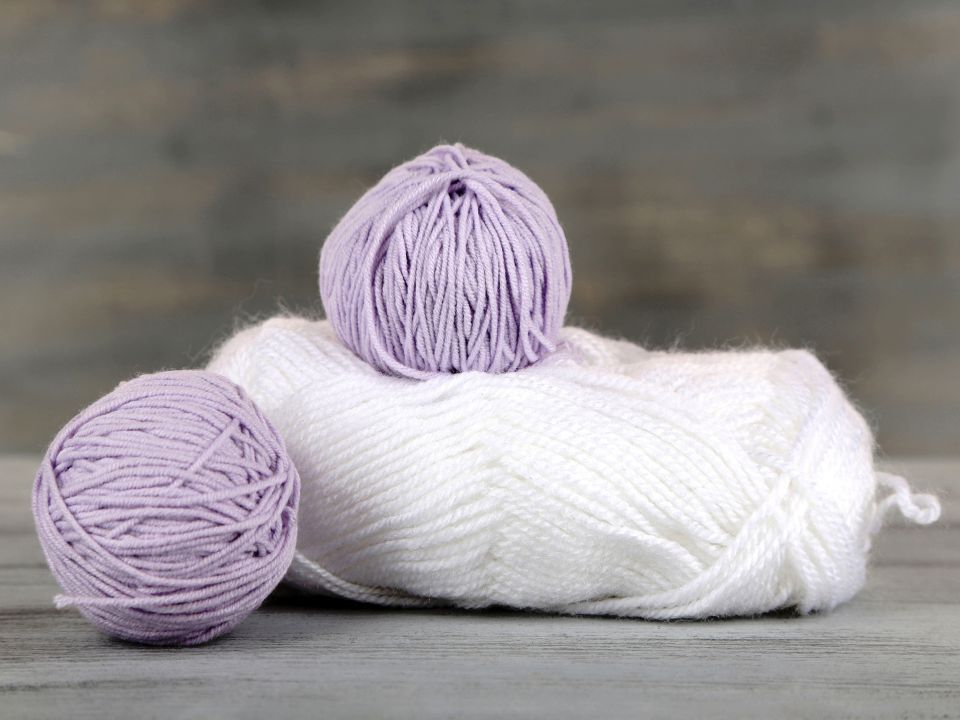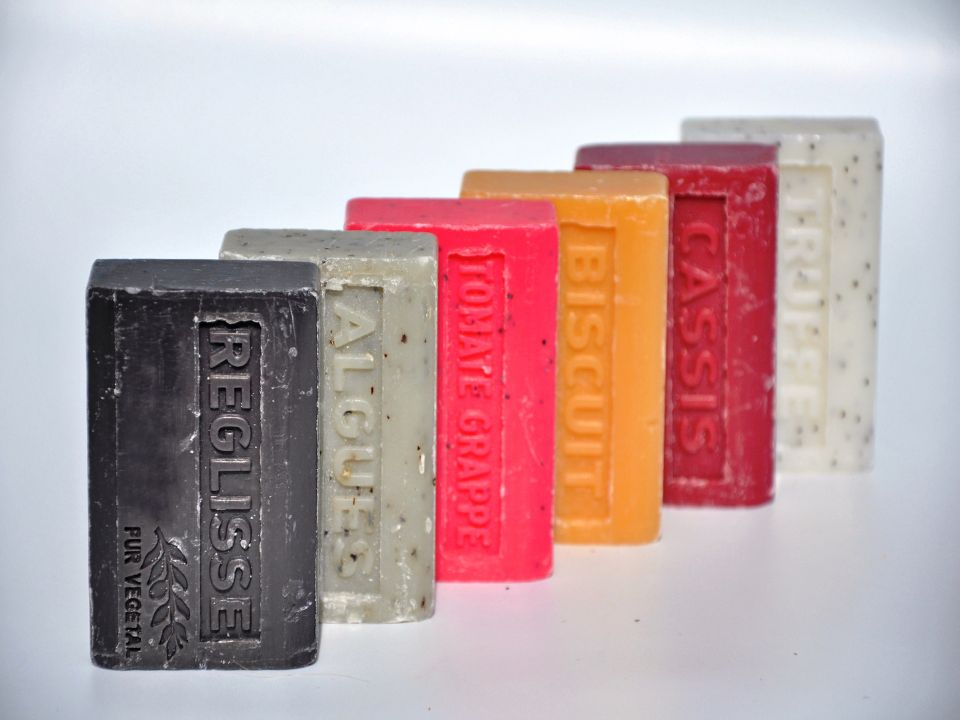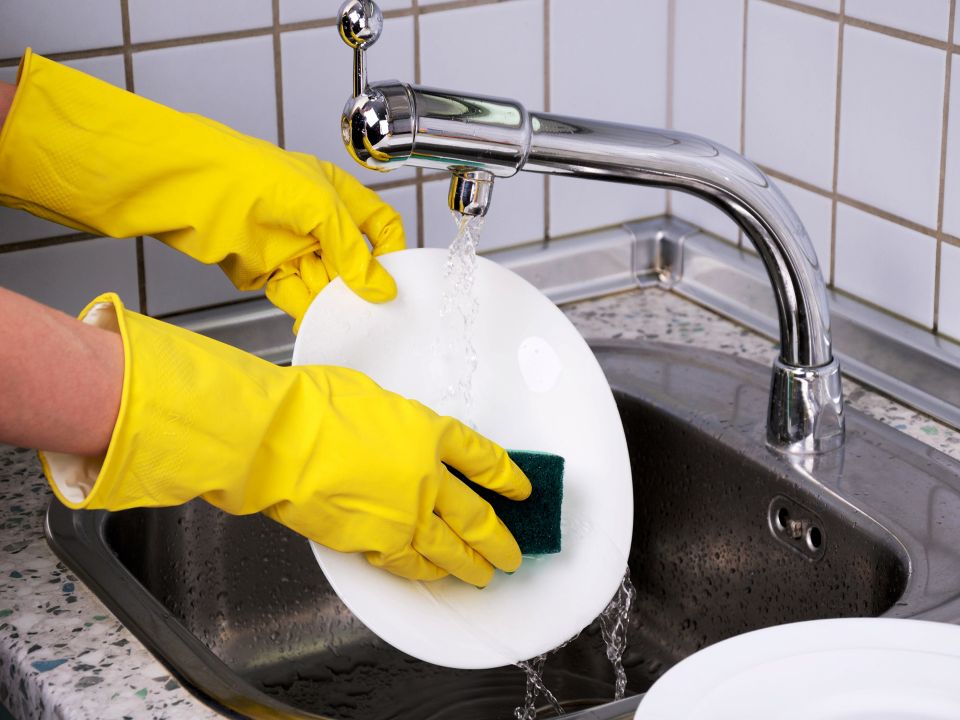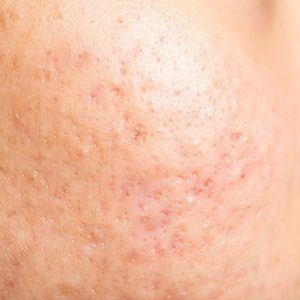Living with dermatitis
Simple changes in the way you carry out everyday activities can easily help dermatitis.

Try incorporating these tips into your daily routine:
Avoid wool and synthetic clothes, which can irritate inflamed skin. Wear cotton as often as possible. Humidify the air in your home with house plants and with a humidifier or bowls of water near heaters (positioned safely so they can’t be accidently split into the electrics). Turn down your room heater.

When bathing:
Always rinse and dry your hands thoroughly after washing them. Use tepid water when bathing, since hot water can sometimes provoke dermatitis. Add unscented bath oil to the water to help to moisturize your skin.

Dermatitis and use of soap
Wash yourself with a soap-free cleanser instead of soap. To calm itching, add two cups of finely powdered oatmeal tied in a small fabric bag or two tablespoons of sodium bicarbonate to your bathwater. After your bath, apply emollient cream, such as petroleum jelly or even olive oil. This prevents moisture from evaporating, helps keep inflamed skin from becoming dry and cracked, and replaces some of the skin’s natural oils. If antiperspirants or deodorants make your skin inflamed, try using sodium bicarbonate and/or corn flour, or try a medicated powder.

When doing house hold work
When washing clothes or dishes, use only tepid water and wear rubber gloves. Rinse clothes thoroughly to remove all traces of detergent and fabric softener. If you suspect that you are allergic to dust mites, keep your home free of dust mites as much as possible by improving ventilation, damp dusting, washing bed lines at very high temperatures, and using a vacuum cleaner with an efficient filter.

Sunlight:
Some people find that avoiding sunlight on the skin improves their dermatitis, while others say that the sun makes it better. If you suffer from the condition and find that sunlight helps, you can heighten its effect by eating celery or a handful of fresh parsley each day. These foods contain substances called psoralens that can magnify any healing properties of ultraviolet rays. However, be aware that too much exposure to these rays has been shown to cause skin cancer. Always protect your skin from burning and avoid exposure at times of day when sunlight is at its strongest.





























